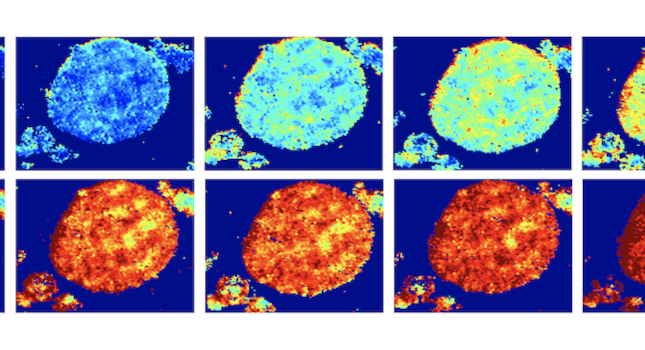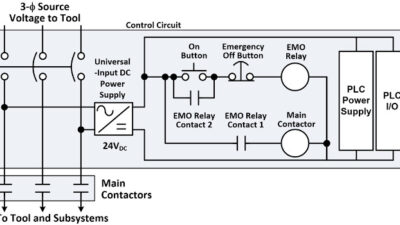Power Quality
Power quality refers to the characteristics of an electrical power supply that can affect the performance and reliability of electrical devices and systems. These characteristics include voltage, frequency and waveform stability, as well as the presence of harmonics and transients. Good power quality is essential for the proper functioning of electrical systems and devices and can help to reduce downtime and improve the efficiency of manufacturing operations. Poor power quality can damage equipment, reduce performance and increase energy consumption.















